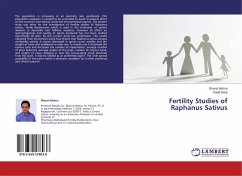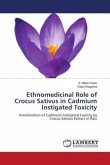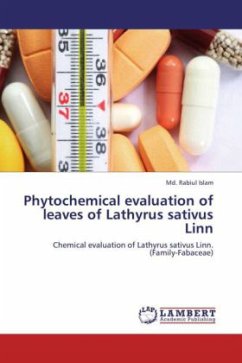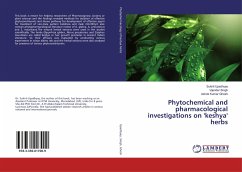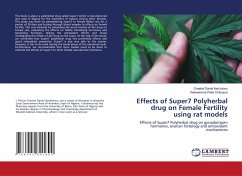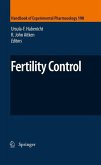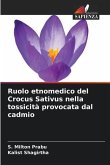The population is increasing at an alarming rate worldwide. This population explosion is needed to be controlled to avoid its adverse effect on the country's economical, social and environmental aspects. The present study was done for the investigation of fertility studies of Raphanus sativus, family Brassicaceae which is used in the treatment of various ailments in Ayurvedic and folklore medicine. However its effect on spermatogenesis and quality of sperm produced has not been studied scientifically till date. So this current study has undertaken. The results obtained from the present study have shown that Raphanus sativus possess antifertility activity. It causes decreased in sperm count, motility and the weight of testis and epididymis in male rats. In female rats it disturbed the estrous cycle and decreases the number of implantation, average number of pups delivered, average weight of the pups, number of corpora lutea, and weight of ovary. Keeping in view the encouraging result obtained from this plant, it may be utilized as an antifertility agent. The wide spread availability of this plant makes it attractive candidate for further preclinical and clinical research.
Bitte wählen Sie Ihr Anliegen aus.
Rechnungen
Retourenschein anfordern
Bestellstatus
Storno

